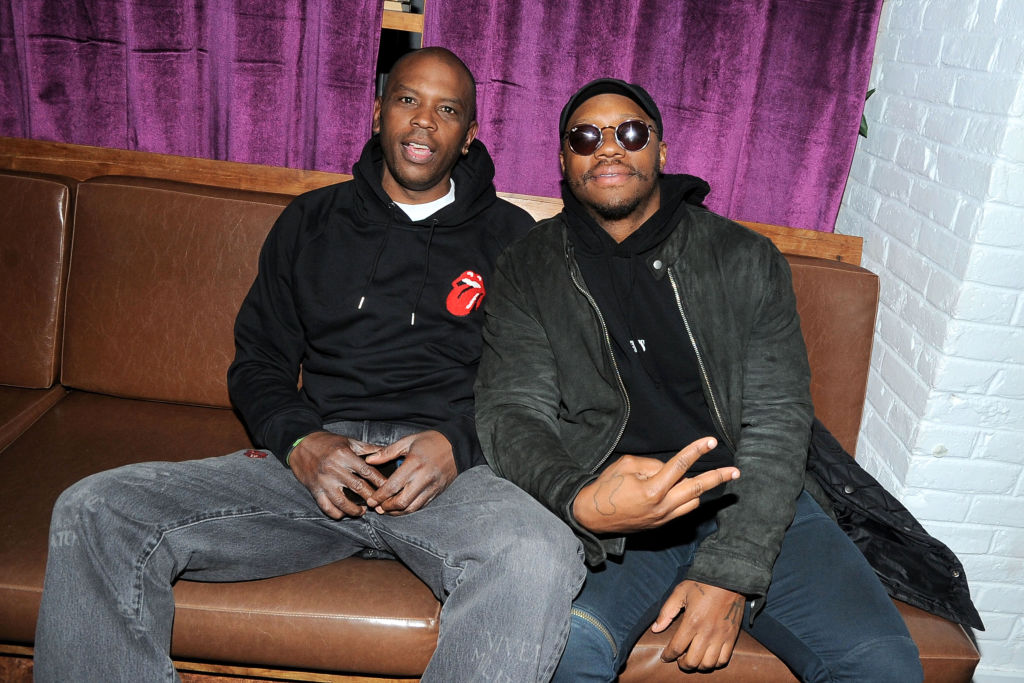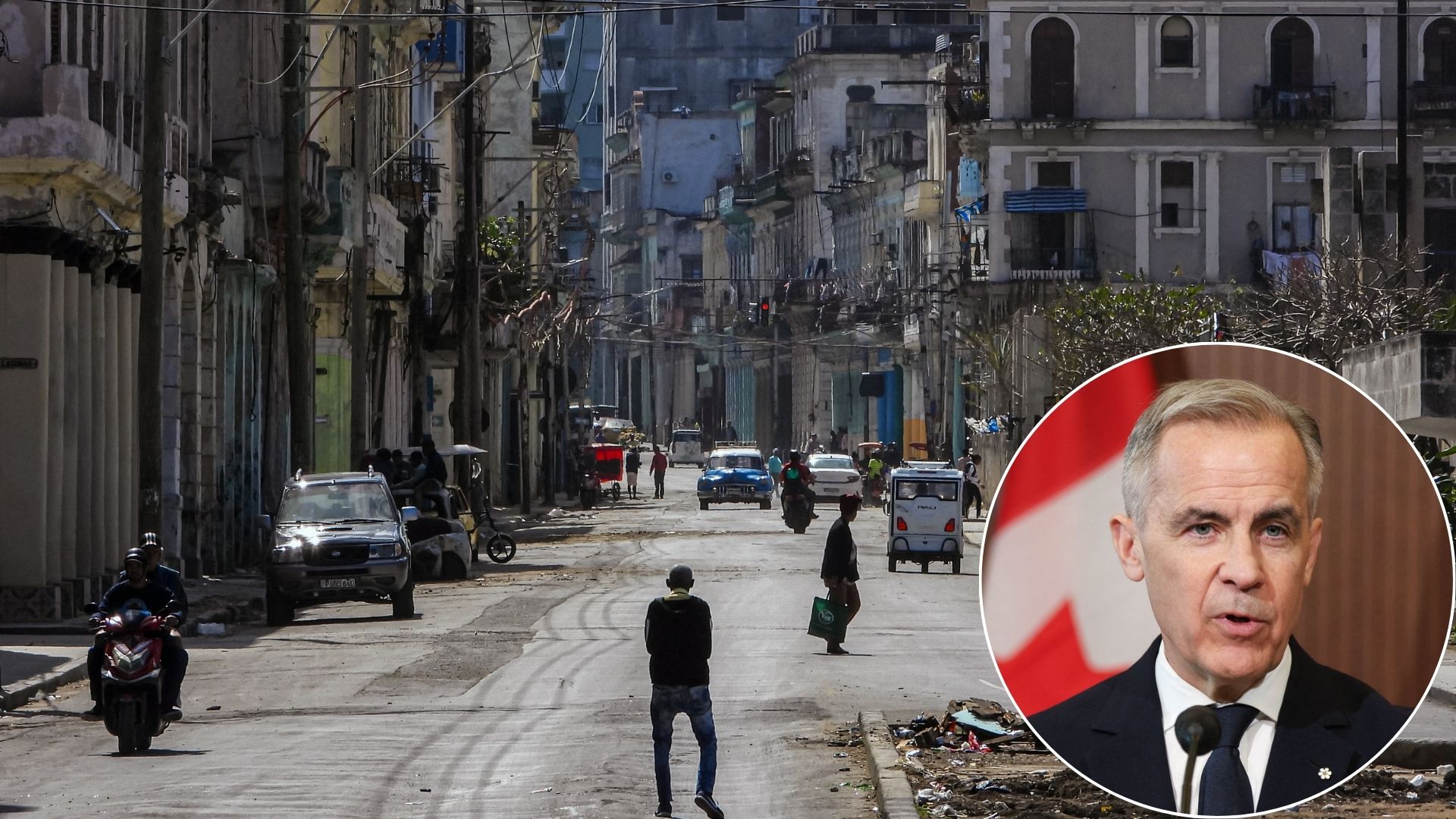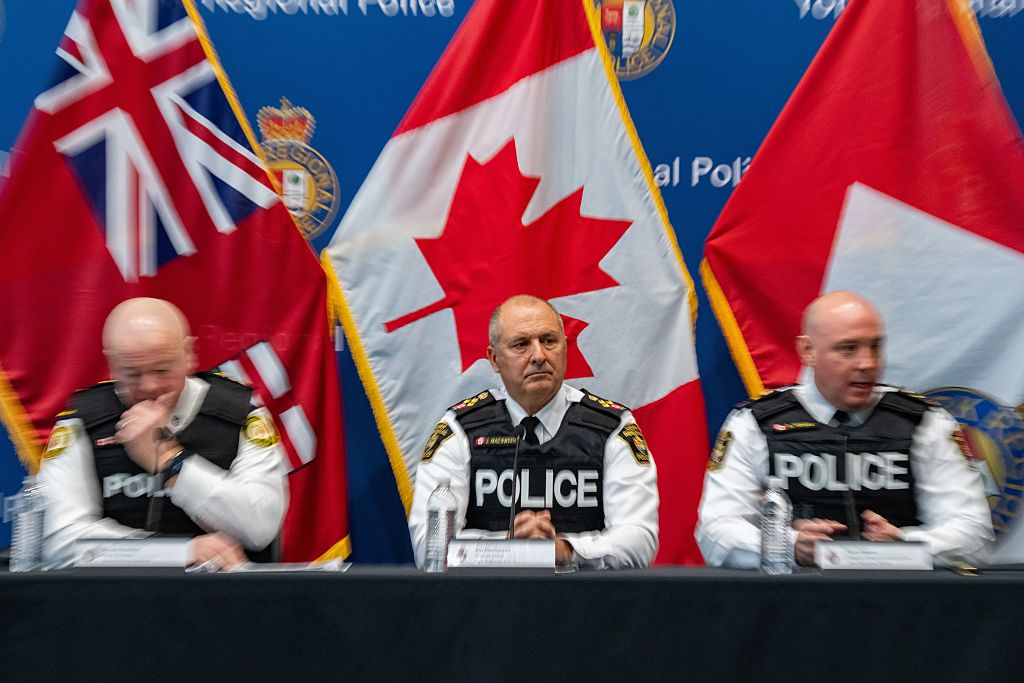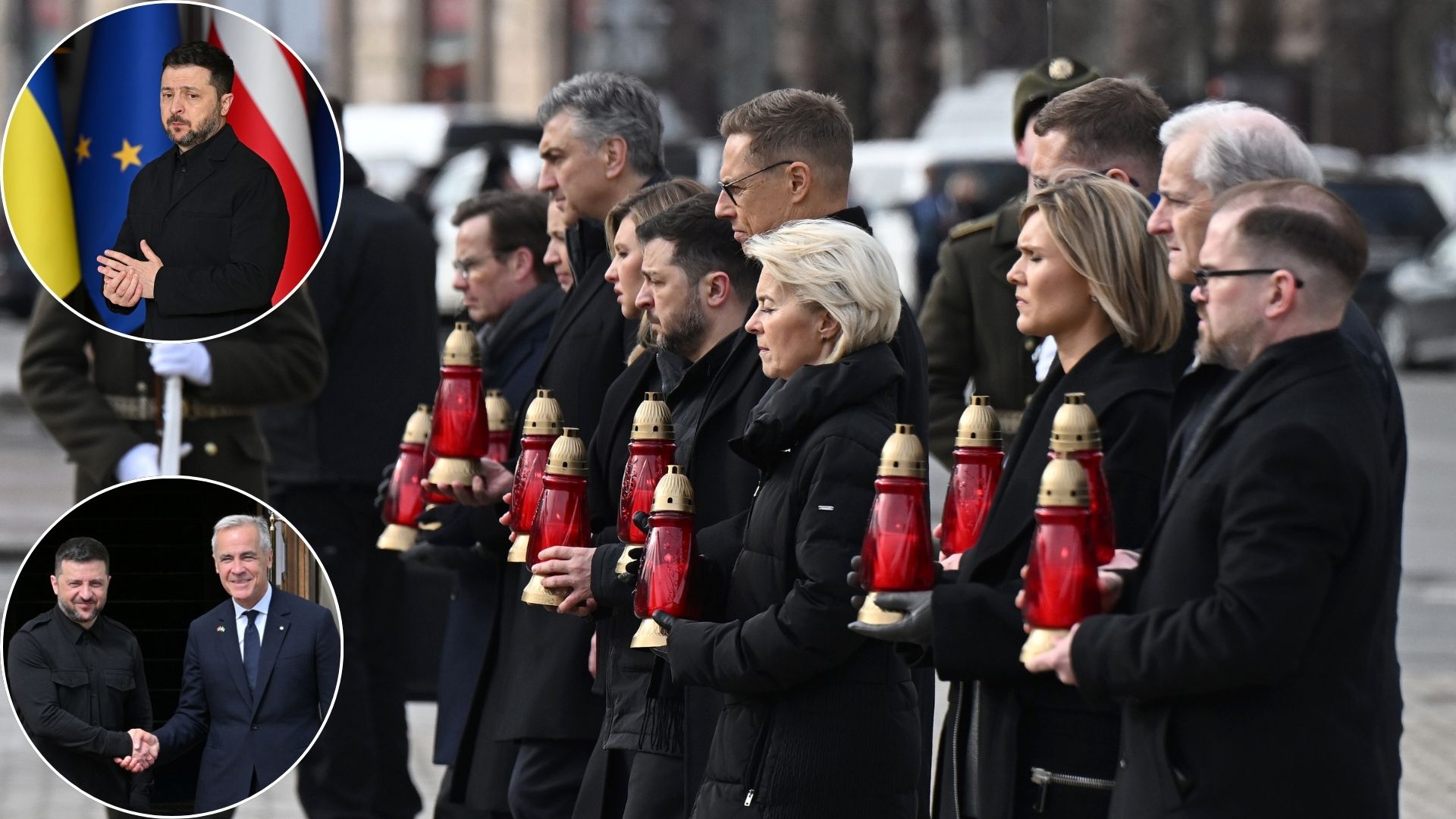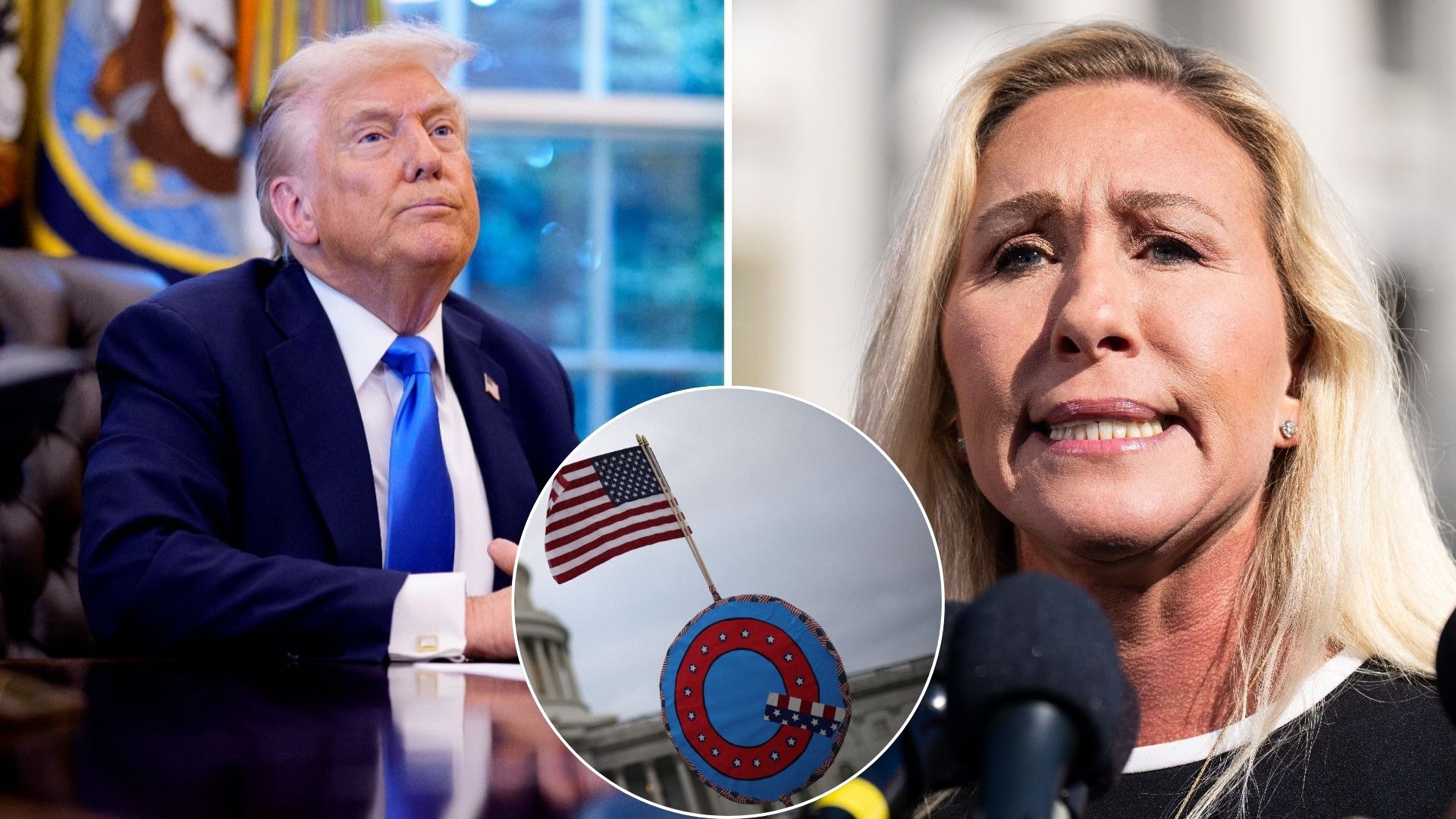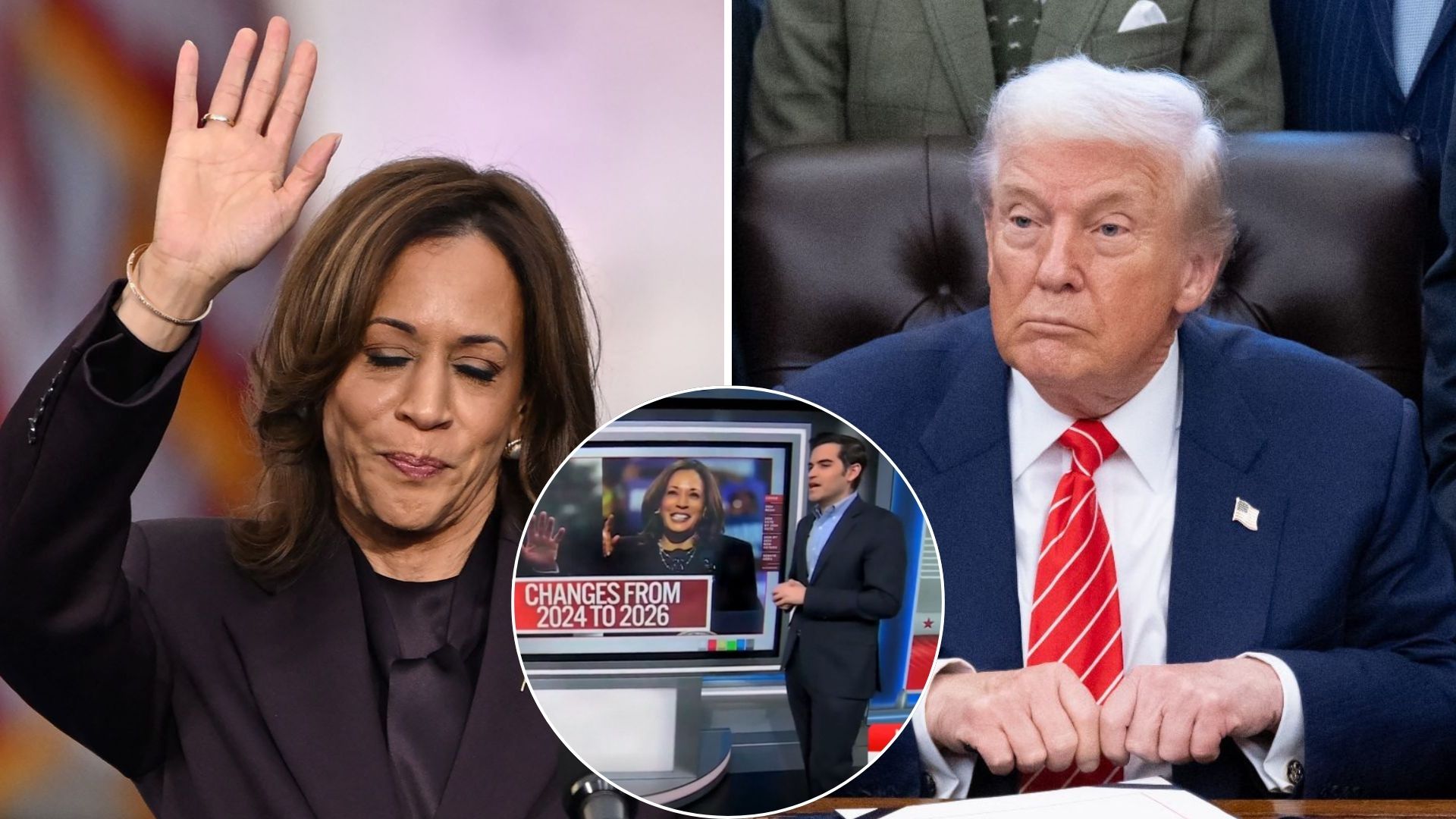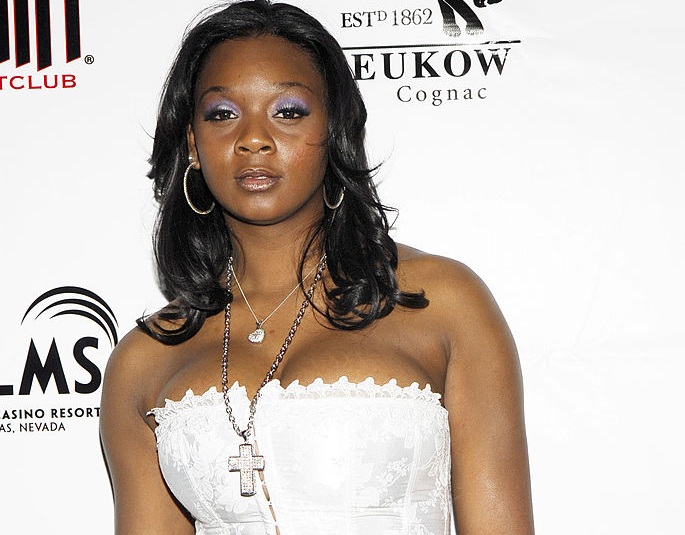
When someone’s last words are spoken, they often carry an unexpected weight. They encapsulate not just the person’s last moment but their personality, beliefs, and, sometimes, their life’s work. In simple terms, final words have a curious way of resonating far beyond their immediate context. Throughout history, people have left behind words that were significant, echoing through time for reasons that vary from their poignancy to their sheer shock value. In many cases, these words go beyond being simple parting phrases. They can serve as a powerful statement or an oddly placed joke. So, here are 15 iconic final words that still make us pause and reflect. Some will make you think deeply about the choices they made in their final moments, while others might just leave you with a raised eyebrow. Regardless, they’ve all earned their place in history.
“Et tu, Brute?” By Julius Caesar
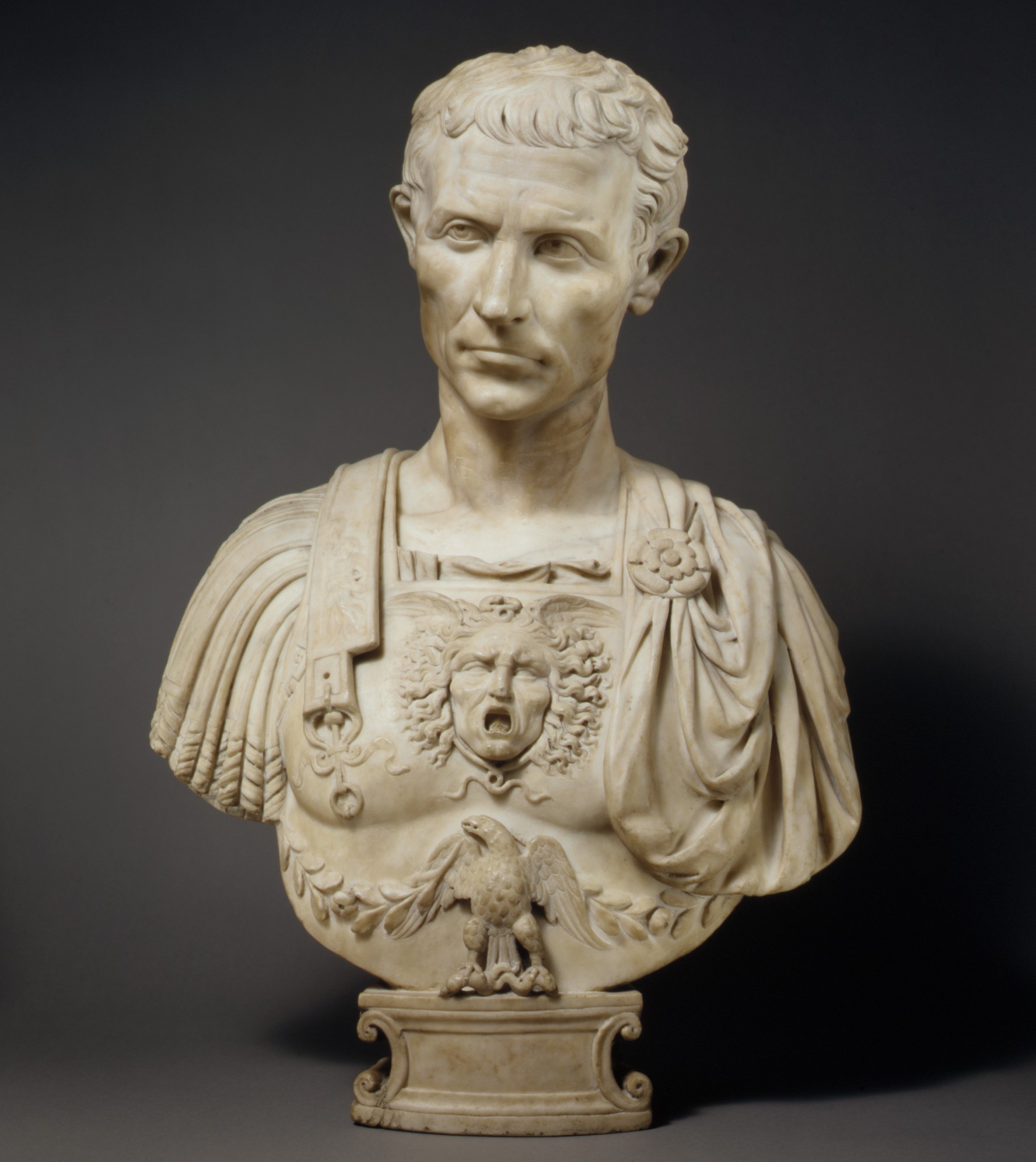
As over 60 conspirators closed in on Julius Caesar, the shock was in the betrayal. Among the attackers stood Brutus, a man Caesar viewed almost like a son. The emotional weight of that moment gave rise to the iconic line, “Et tu, Brute?” Though Roman historian Suetonius reported that Caesar may have said nothing at all, others believe he spoke “You too, Brutus?” in Greek.
“I Die Hard But Am Not Afraid To Go.” By George Washington
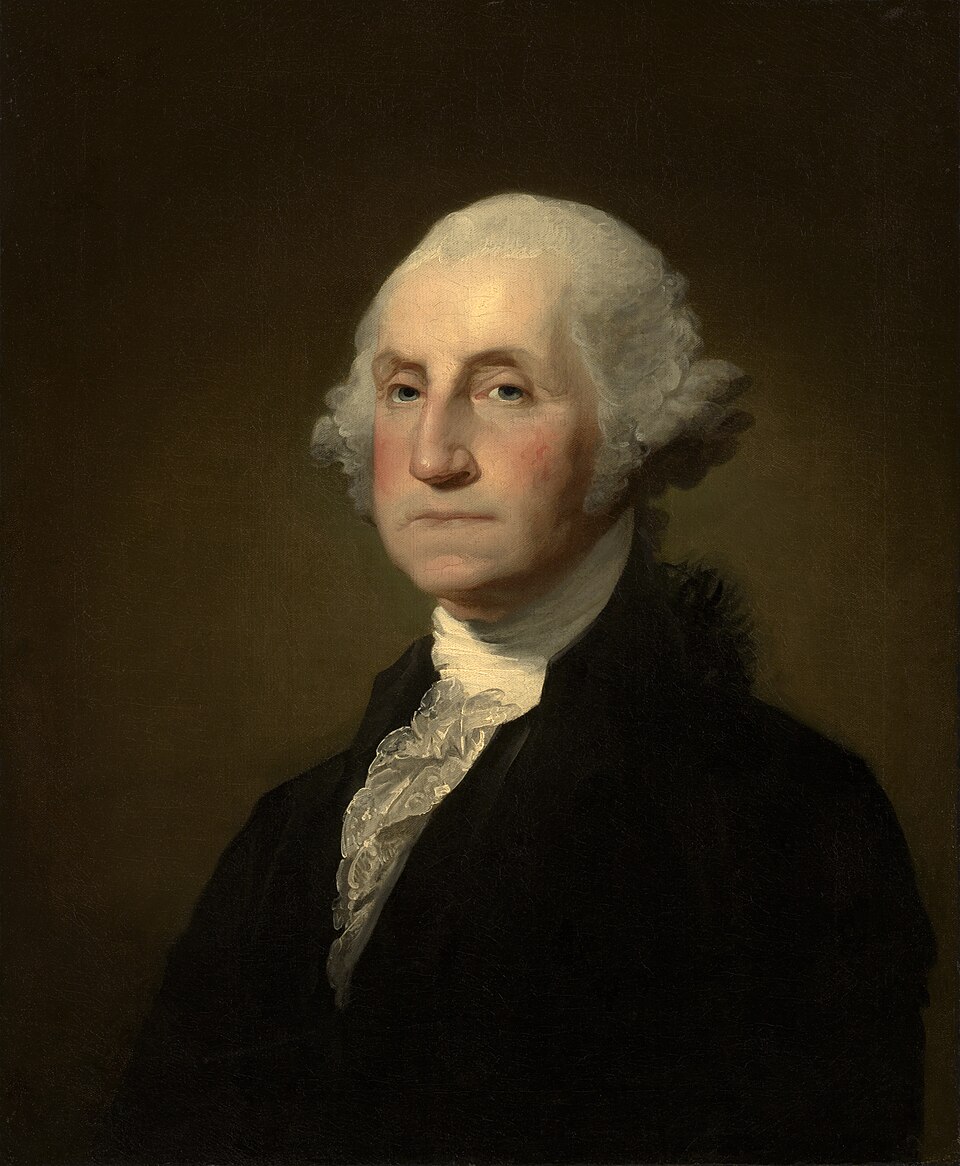
“I die hard but am not afraid to go,” George Washington declared, his voice steady even as illness overtook him. Despite questionable medical treatments that likely hastened his decline, he stayed mentally sharp, issuing precise funeral directions just hours before passing. His death triggered heartfelt eulogies across all 13 states.
“I’m Bored With It All.” By Winston Churchill
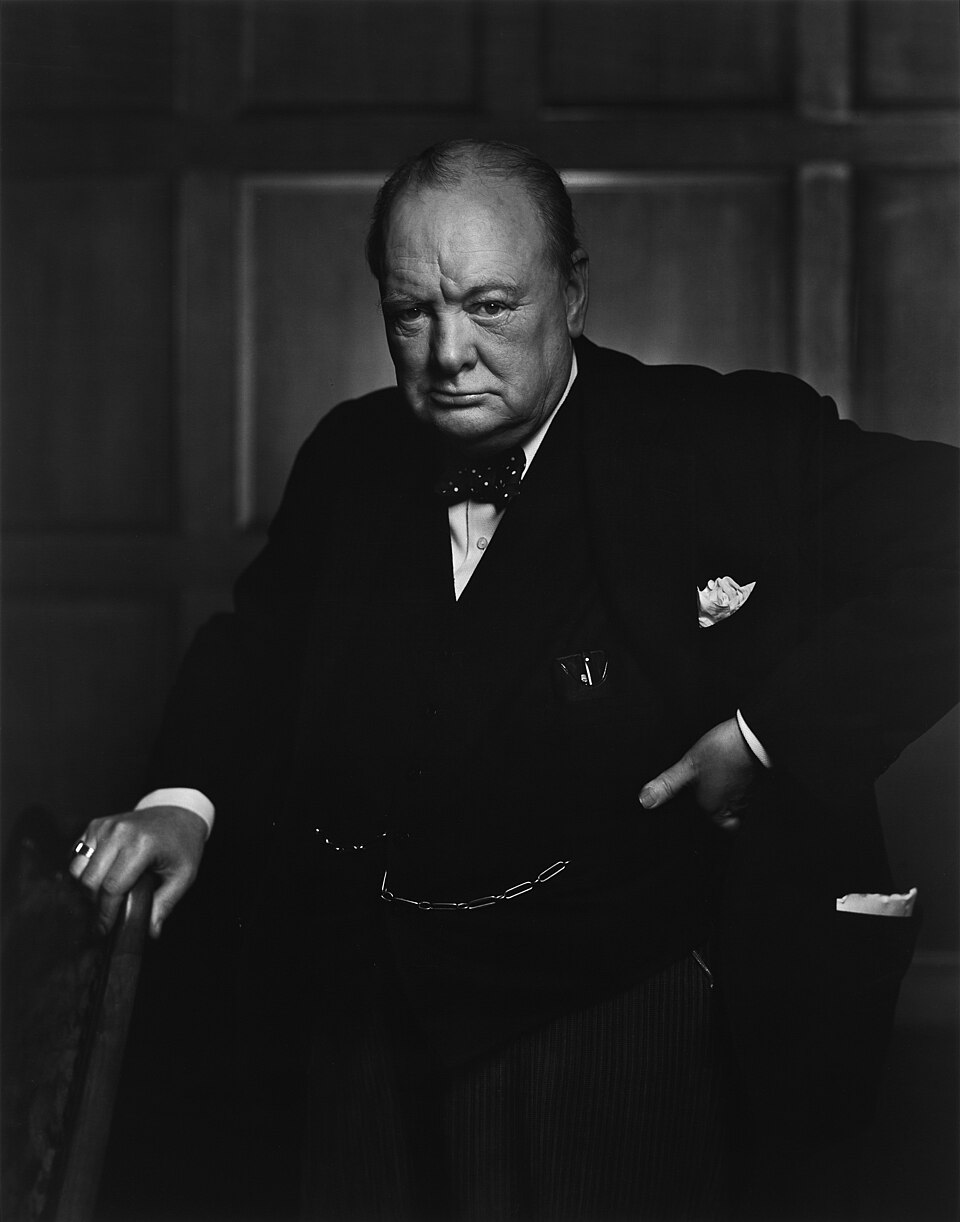
Winston Churchill’s final remark slipped out quietly to a nurse he scarcely knew. In his final years, he wrestled with prolonged melancholy, even after retiring as a literary giant with over 40 books and a Nobel Prize. The line, detached yet intriguing, captured a man worn by a life of relentless duty.
“Money Can’t Buy Life." By Bob Marley
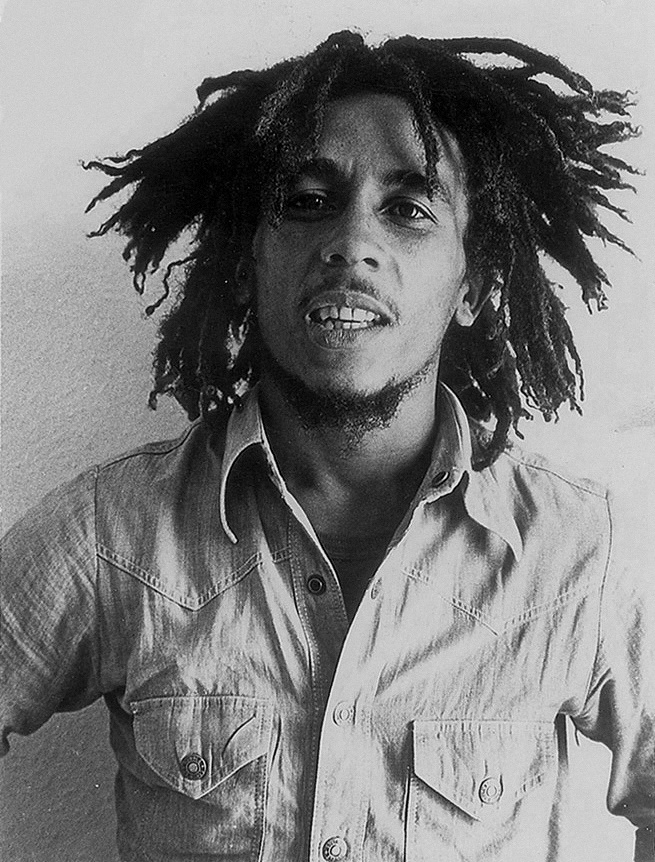
In a hushed moment shared with his son Ziggy, Bob Marley said, “Money can’t buy life.” The words carried weight beyond mortality, shaped by his Rastafarian belief that suffering was a spiritual trial. Treated in Germany with unconventional cancer therapies, Marley remained anchored in faith.
“Don’t Let It End Like This. Tell Them I Said Something.” By Pancho Villa
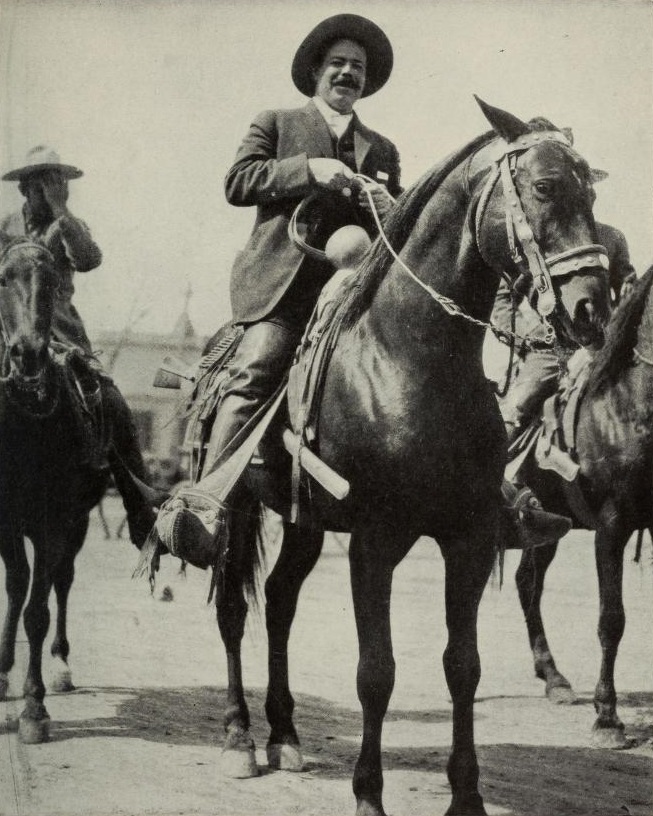
The car was new, but the ambush was all too familiar—Pancho Villa was attacked while riding in it, far from his days of revolution. By then, he had retired to ranch life, seemingly at peace. “Don’t let it end like this. Tell them I said something,” he reportedly pleaded—though historians debate the quote’s authenticity.
“I’m Going Away Tonight.” By James Brown
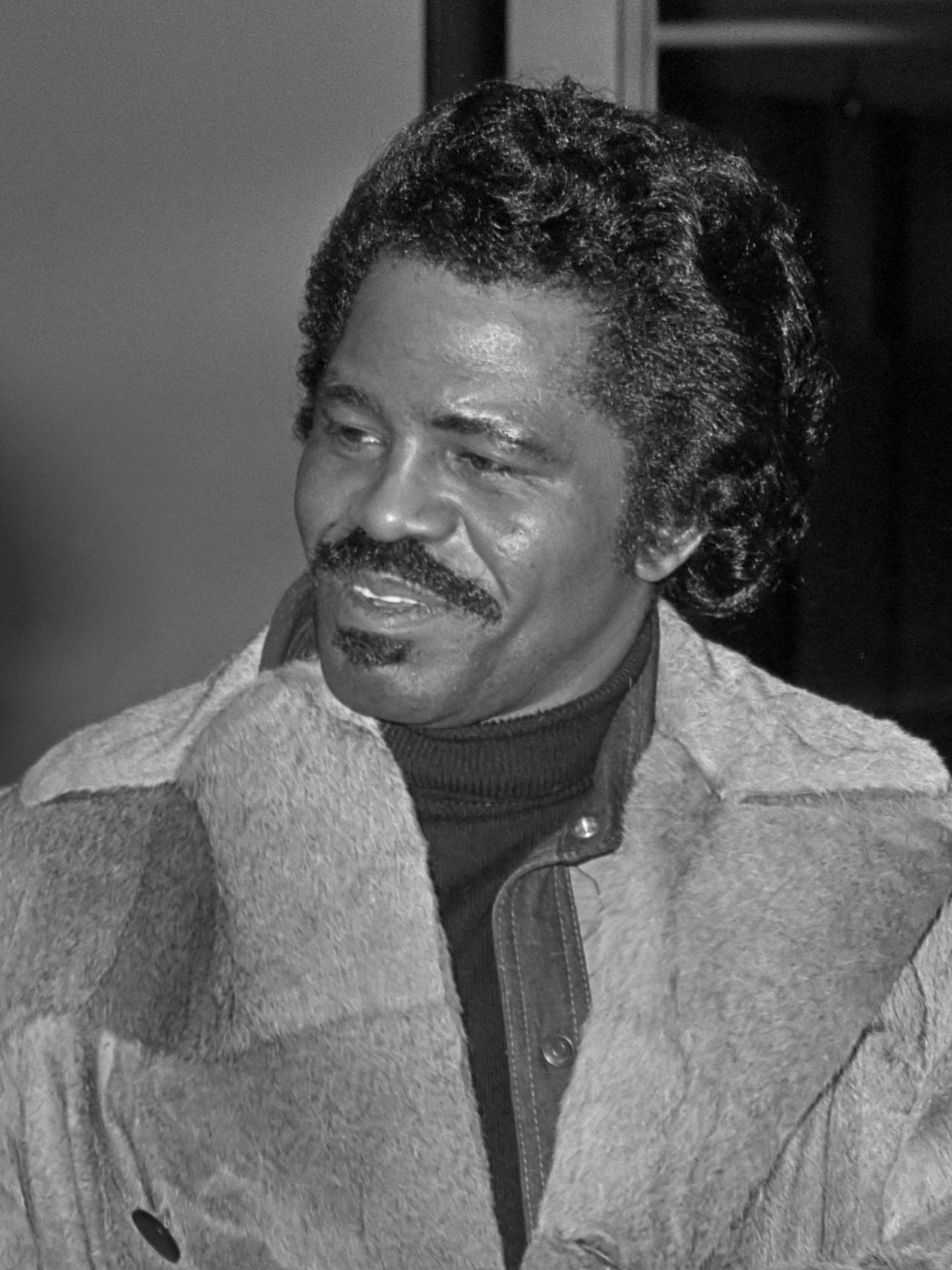
Just a day after recording a cheerful holiday message, James Brown quietly delivered this message to a nurse. She later recalled feeling chills from the solemn weight of his voice. Defiant to the end, Brown had performed in South Carolina days earlier, ignoring serious health concerns. When he passed, his body lay in state at Harlem’s Apollo Theater.
“I Have Tried So Hard To Do Right.” By Grover Cleveland
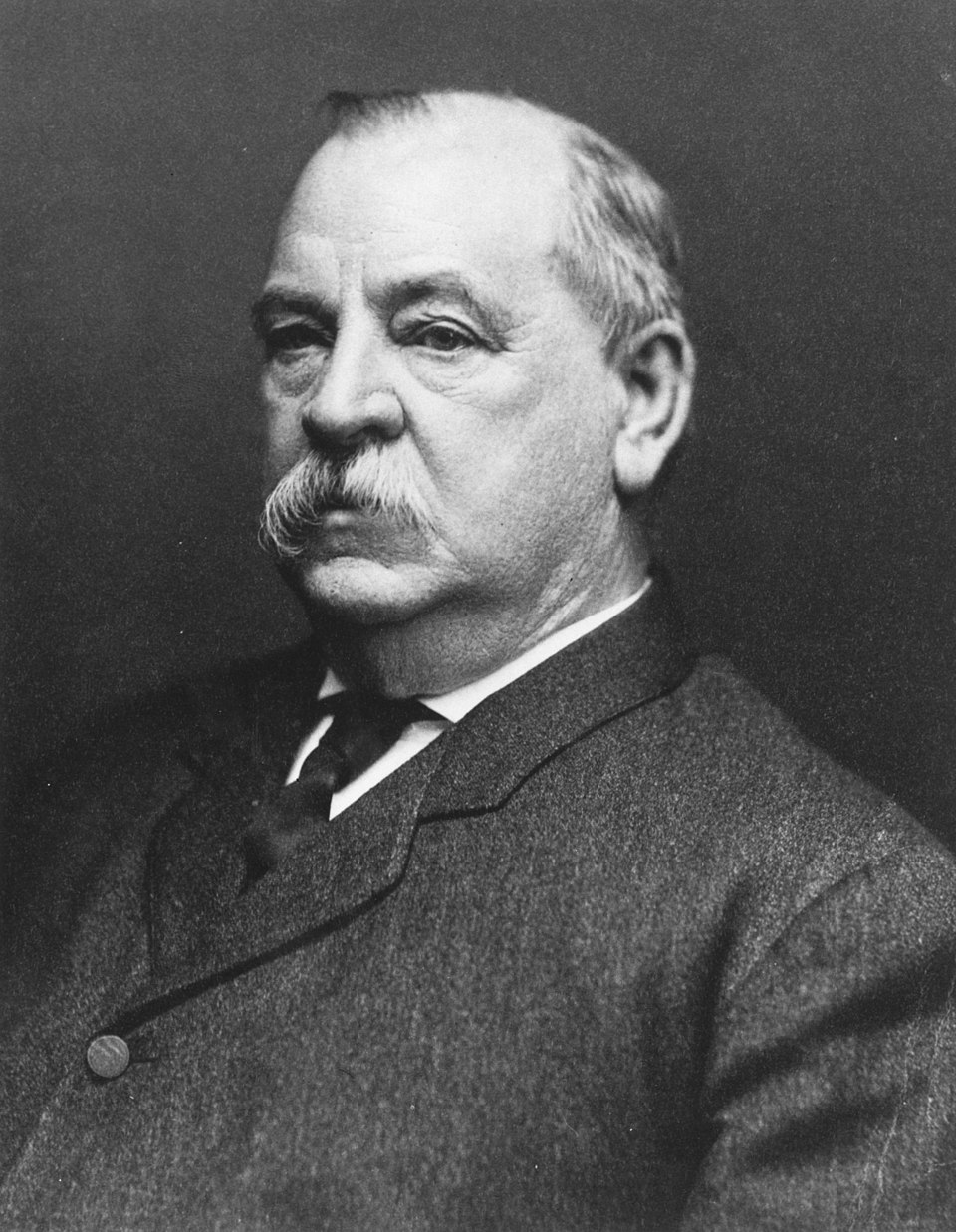
Grover Cleveland stayed true to his values right to the end. Famous for vetoing over 300 bills and refusing to play favorites in politics, he built a legacy rooted in integrity. His final words reflected that same unwavering sense of duty—so much so, they’re now engraved near his grave in Princeton Cemetery.
“I Must Go In, The Fog Is Rising.” By Emily Dickinson
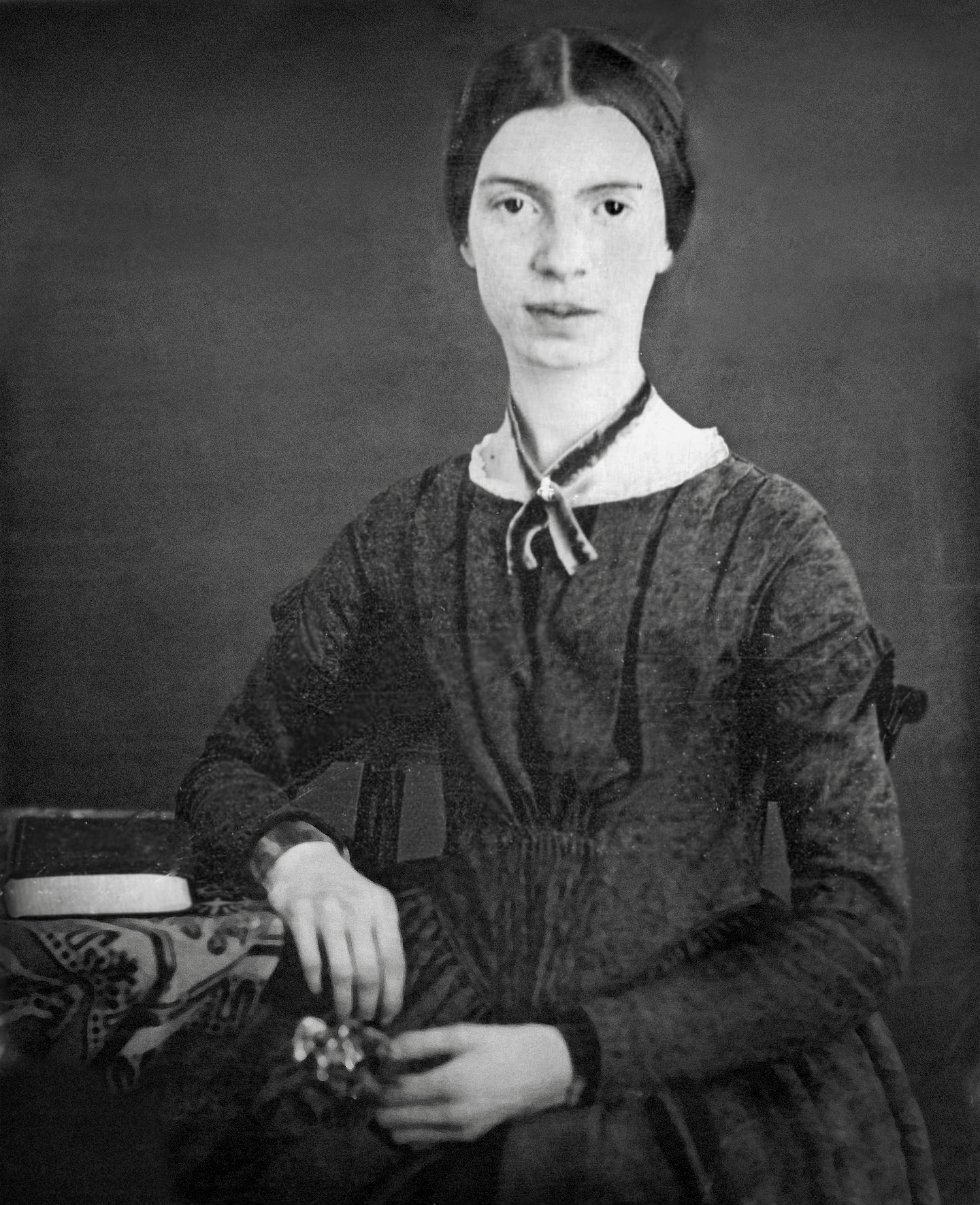
“I must go in, the fog is rising,” Emily Dickinson whispered as her final breath arrived—a line as lyrical as the verses she kept away in Amherst. Reclusive by choice, she spent her final days in quiet darkness, listening as her family read to her. Fog, a recurring metaphor in her poetry, mirrored the boundary she approached.
“I Should Never Have Switched From Scotch To Martinis.” By Humphrey Bogart
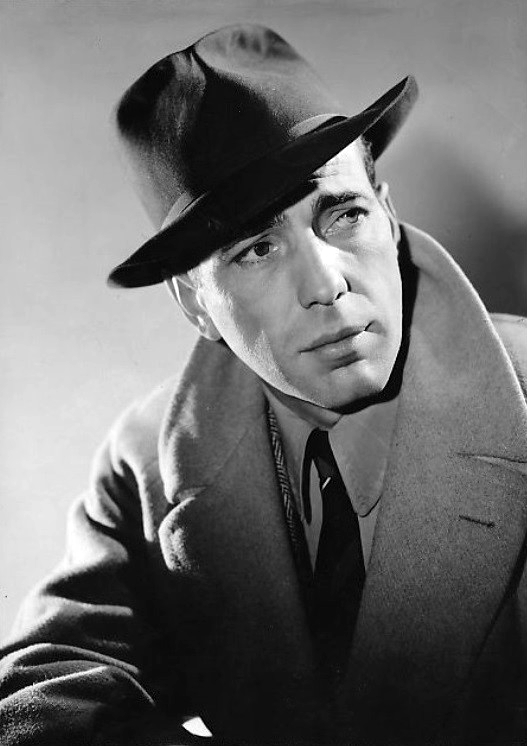
Even as illness stole over 40 pounds from his frame, Humphrey Bogart’s wit stayed razor-sharp. His last line was later recalled by his wife and son as classic Bogie. Long known for his love of Scotch and dry humor, the remark felt straight off one of his scripts. In that final moment, Bogart signed off with style.
“Either That Wallpaper Goes, Or I Do.” By Oscar Wilde
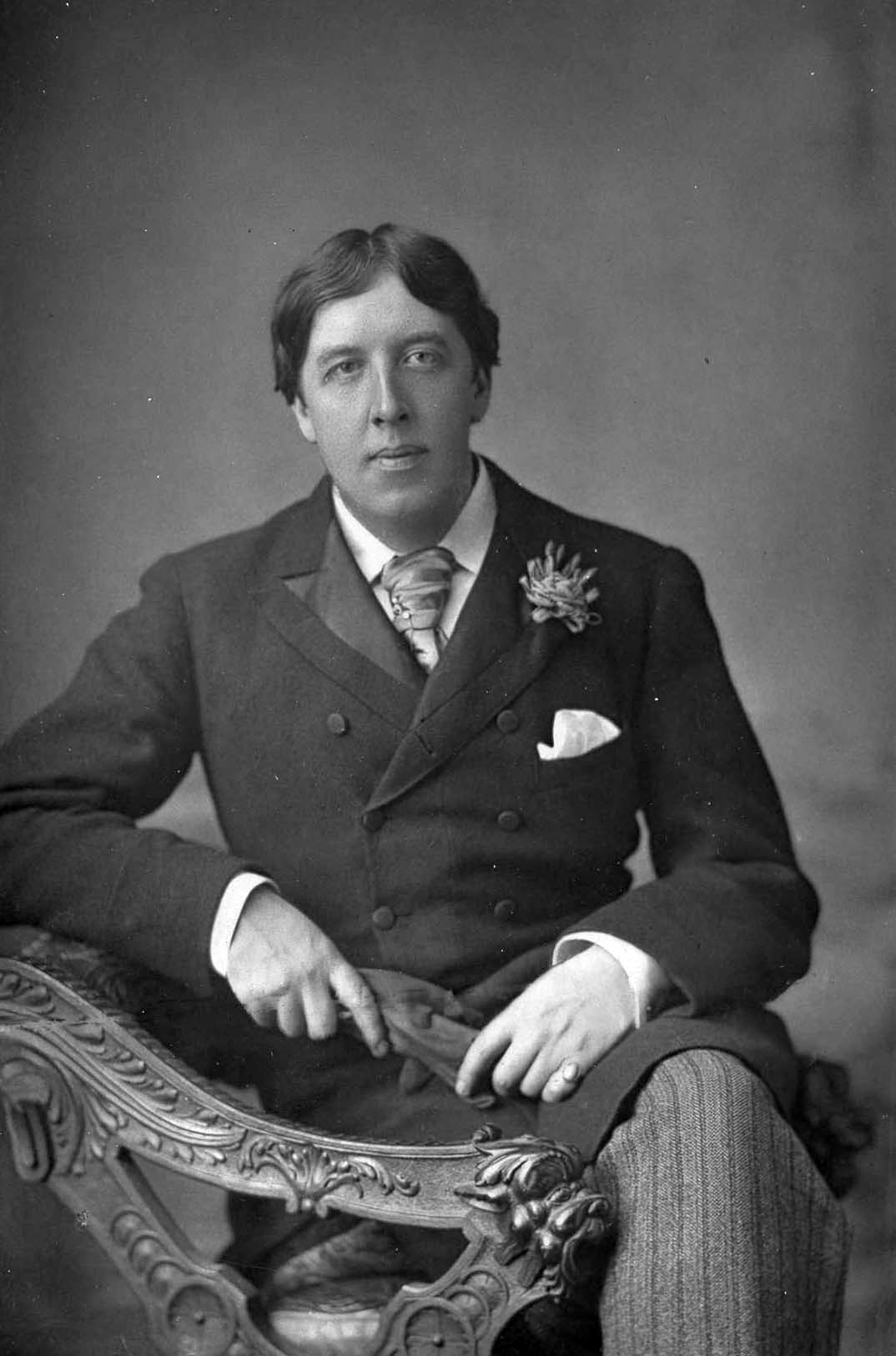
Lying in a shabby Paris hotel room with wallpaper he couldn’t stand, Oscar Wilde served up one final zinger: “Either that wallpaper goes, or I do.” True to form, his wit outlived him. That’s how Hôtel d’Alsace’s faded walls became a punchline and a perfect backdrop for Wilde’s last act.
“I’m Losing It.” By Frank Sinatra
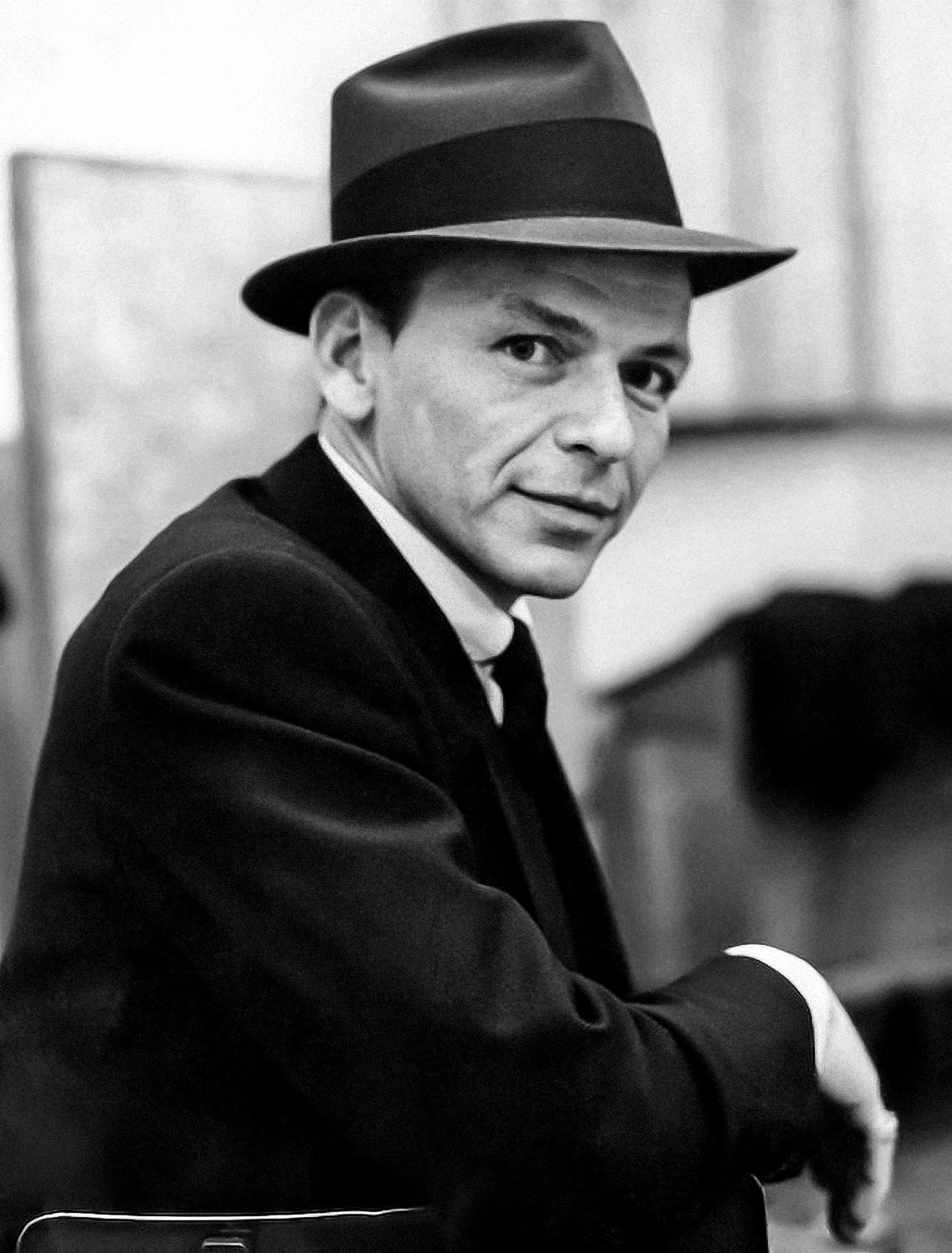
As nurses tended to him during a fatal heart attack, Frank Sinatra murmured his final words. The words, simple yet raw, peeled back the curtain on a man who spent decades masking deep performance anxiety beneath a polished veneer. His daughter later confirmed the line in a televised interview.
“It Is Very Beautiful Over There.” By Thomas Edison
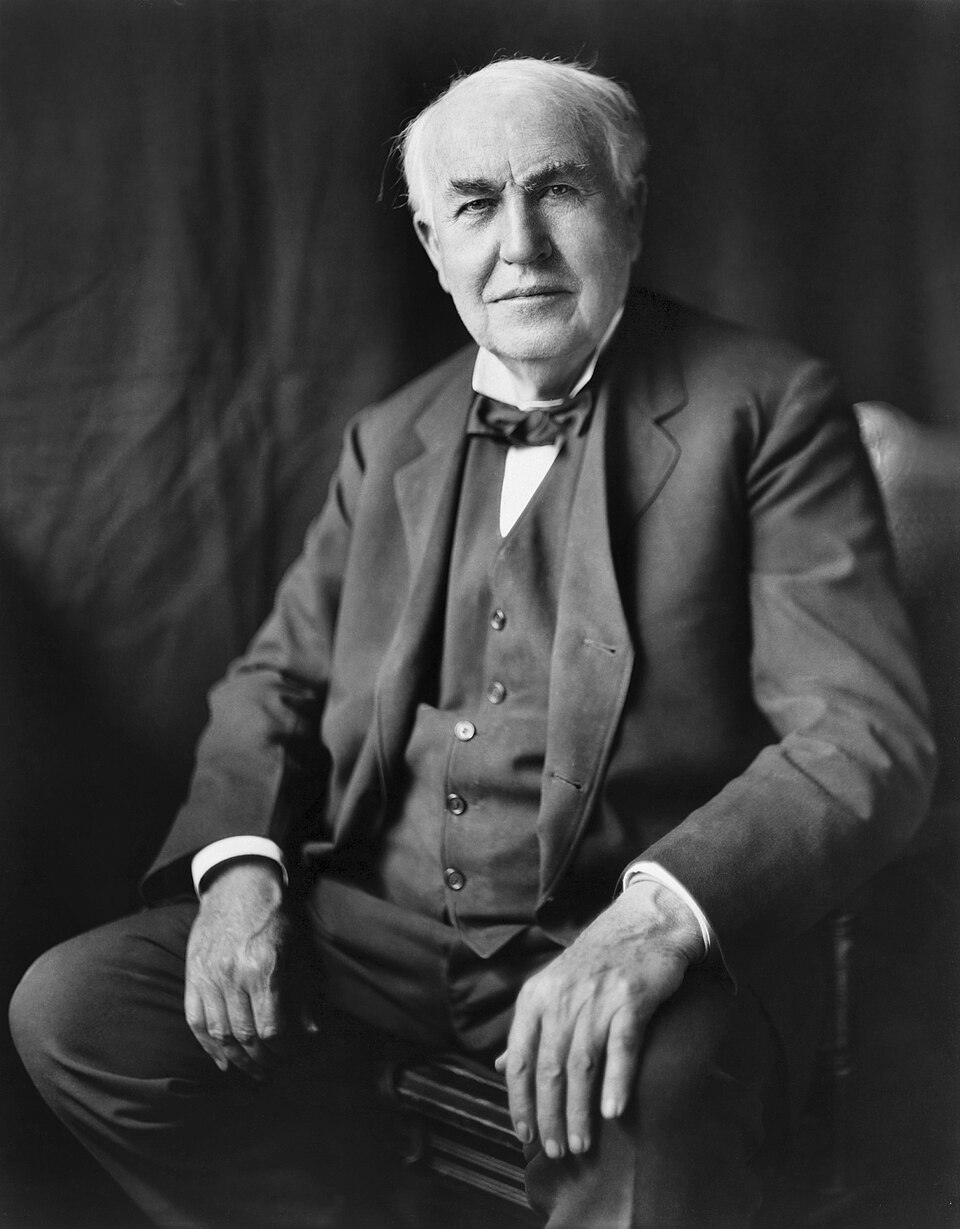
After days in a coma, Thomas Edison awoke briefly and softly said, “It is very beautiful over there.” His son Charles later shared the moment, interpreting it as a rare spiritual glimpse from a man long known for skepticism. Edison passed shortly after, surrounded by loved ones, as the very inventions he created lit the room.
“I’m Not The Least Afraid To Die." By Charles Darwin
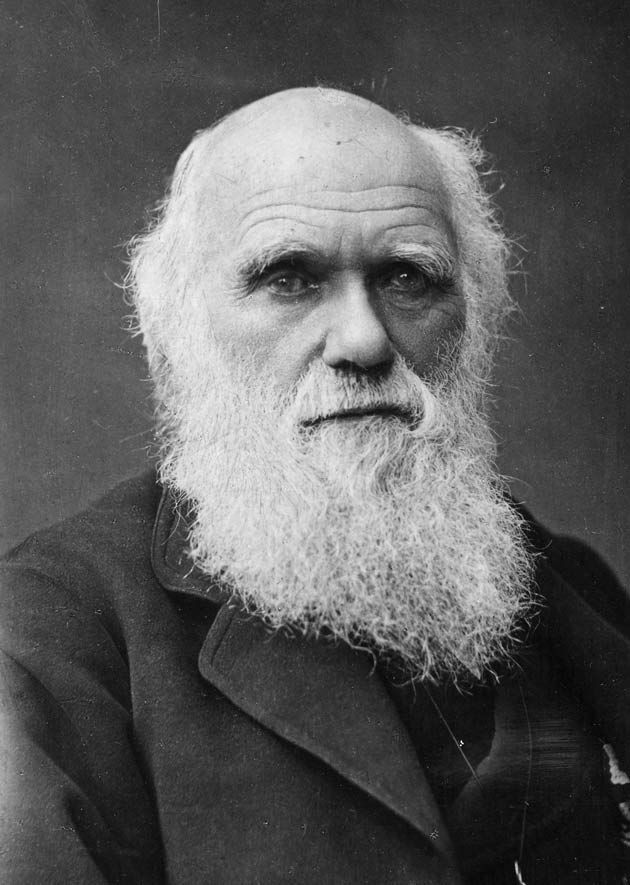
Charles Darwin said his last words with quiet certainty as his long struggle with illness drew to a close. Possibly afflicted by Chagas disease, he had remained intellectually engaged until his final days, editing and writing letters. Though his religious convictions had faded over time, fear never took their place.
“Why Not? Yes.” By Timothy Leary
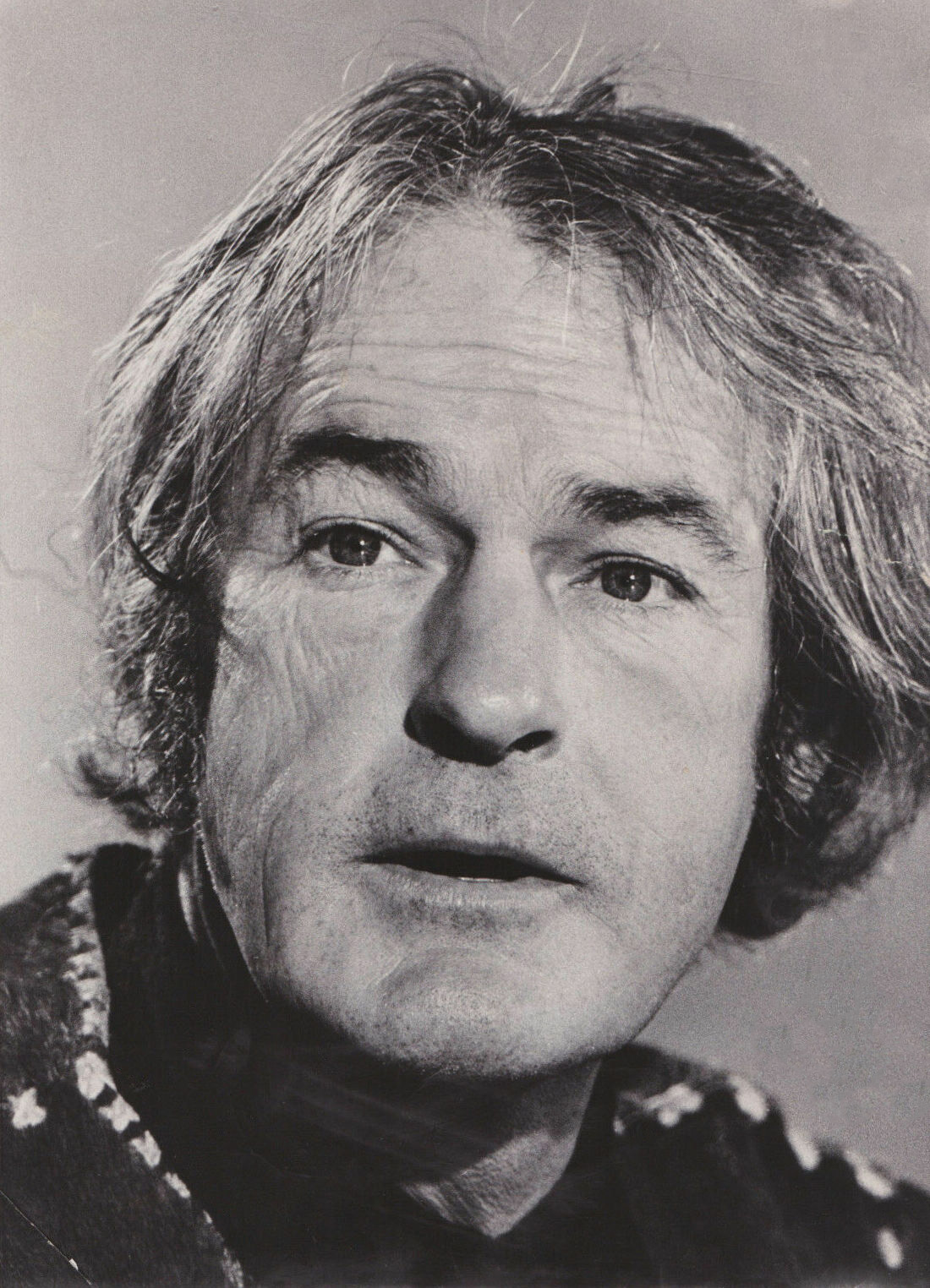
When a friend leaned in and whispered a question about death, Timothy Leary replied with a smirk and a shrug: “Why not? Yes.” True to form, he was filming his final days for a self-directed documentary. Even as his body declined, he joked about uploading his consciousness to the internet—a digital afterlife for a lifelong provocateur.
“Now Comes The Mystery." By Henry Ward Beecher
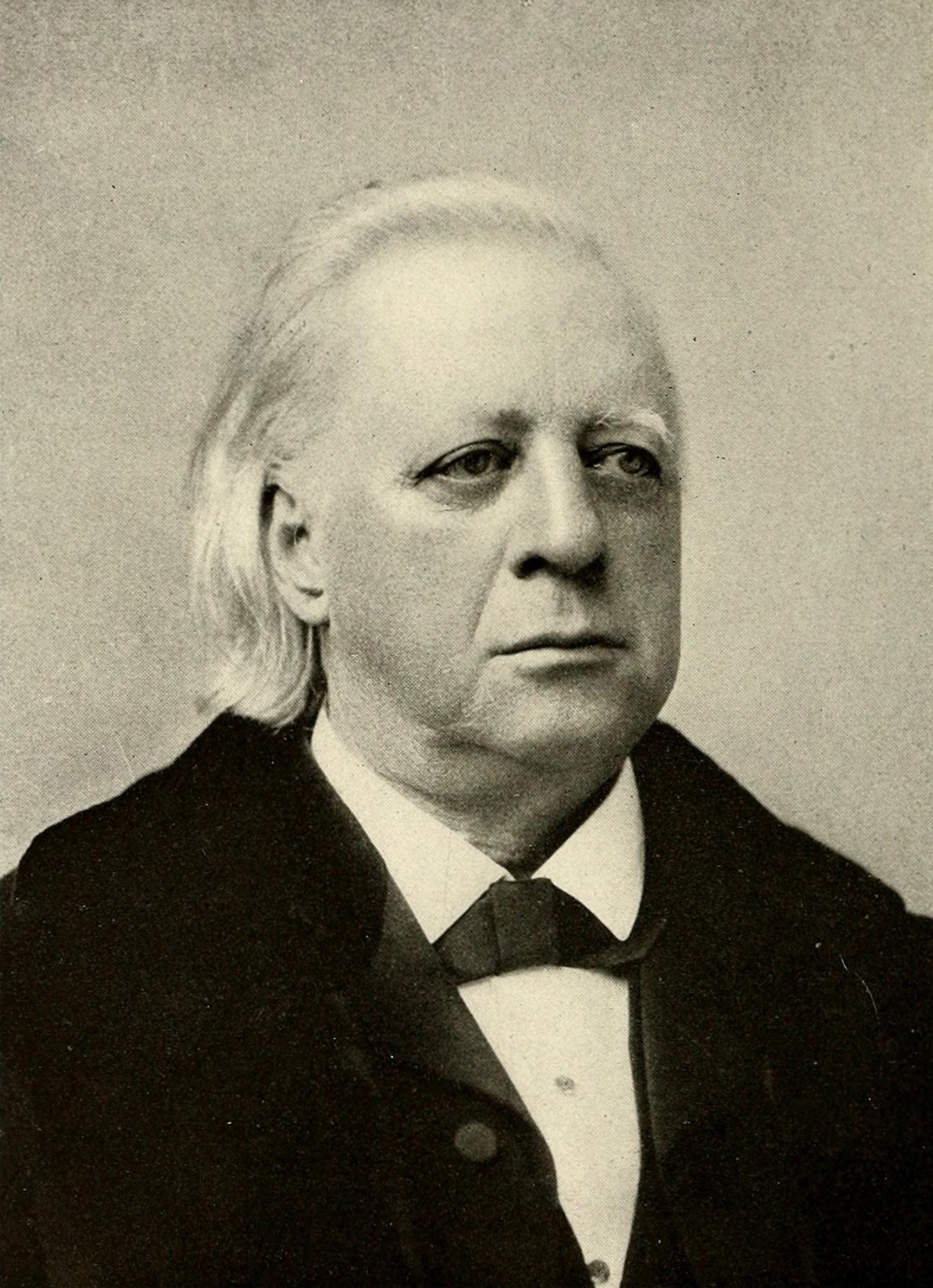
Henry Ward Beecher always had a way with words—and on his way out, he didn’t disappoint. His wife jotted down his final words, struck by the wide-eyed wonder behind them. Known for thunderous sermons against slavery and one unforgettable scandal, Beecher still managed a mic-drop moment before the curtain fell.

